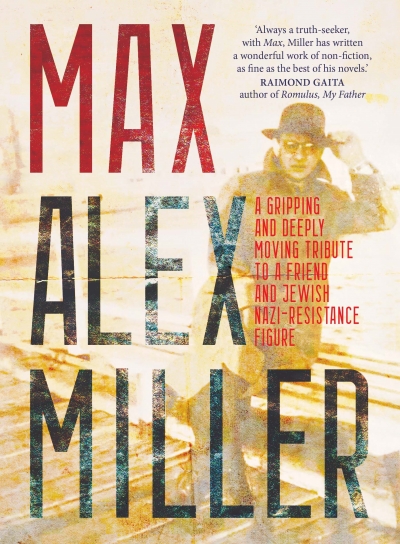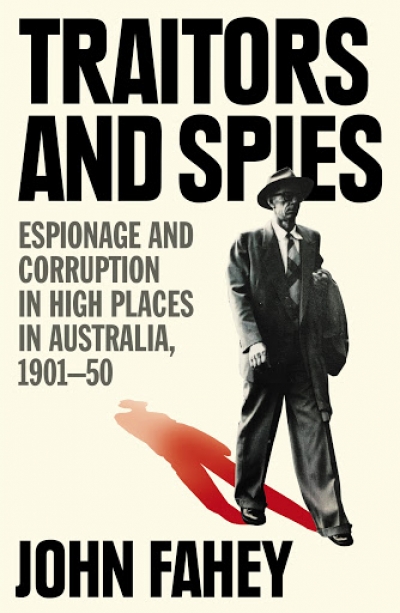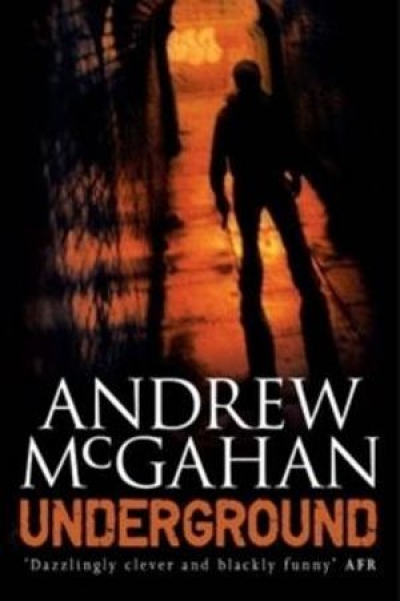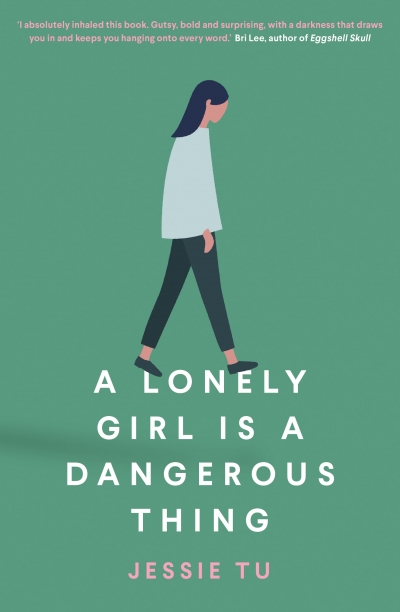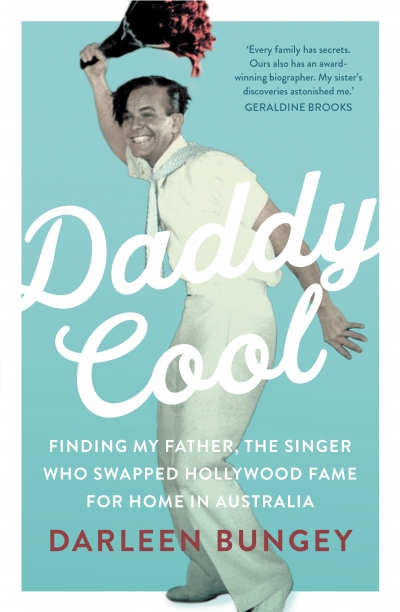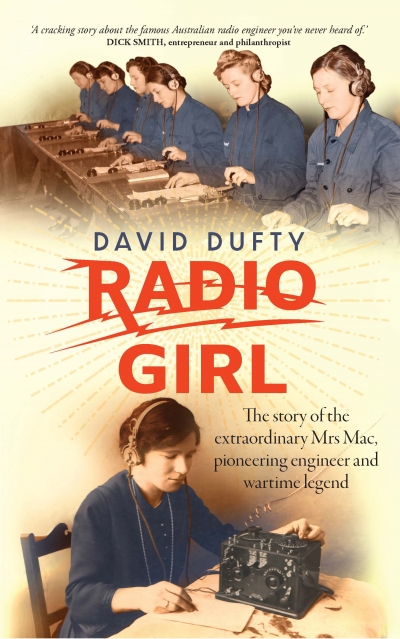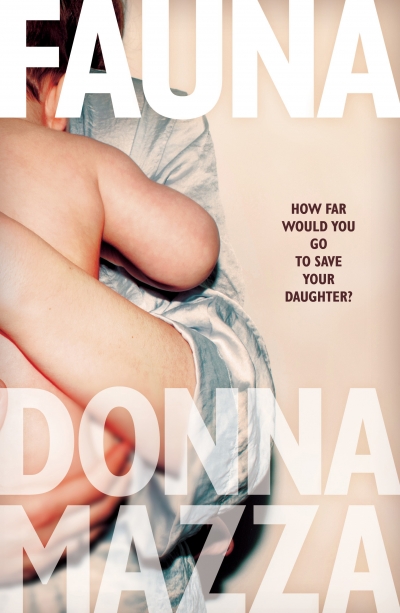Allen & Unwin
Film | Theatre | Art | Opera | Music | Television | Festivals
Welcome to ABR Arts, home to some of Australia's best arts journalism. We review film, theatre, opera, music, television, art exhibitions – and more. To read ABR Arts articles in full, subscribe to ABR or take out an ABR Arts subscription. Both packages give full access to our arts reviews the moment they are published online and to our extensive arts archive.
Meanwhile, the ABR Arts e-newsletter, published every second Tuesday, will keep you up-to-date as to our recent arts reviews.
Recent reviews
Traitors and Spies: Espionage and corruption in high places in Australia, 1901–50 by John Fahey
Daddy Cool: Finding my father, the singer who swapped Hollywood fame for home in Australia by Darleen Bungey
Radio Girl: The story of the extraordinary Mrs Mac, pioneering engineer and wartime legend by David Dufty
Three new fantasy novels by Alison Croggon, Alison Evan, and Astrid Scholte
This month’s survey features three bewitching novels from authors intent on transporting younger readers to other worlds. In Alison Croggon’s latest fantasy novel, The Threads of Magic (Walker Books, $19.95 pb, 380 pp), Pip and his sister El are living in a poor but snug apartment in the city of Clarel, bequeathed to them by Missus Pledge. Pip, always on the lookout for opportunities, scoops up a silver box from the sidelines during a street brawl. The opening of this box burdens Pip with an ancient and grisly relic: the shrivelled black heart of a child.
... (read more)
